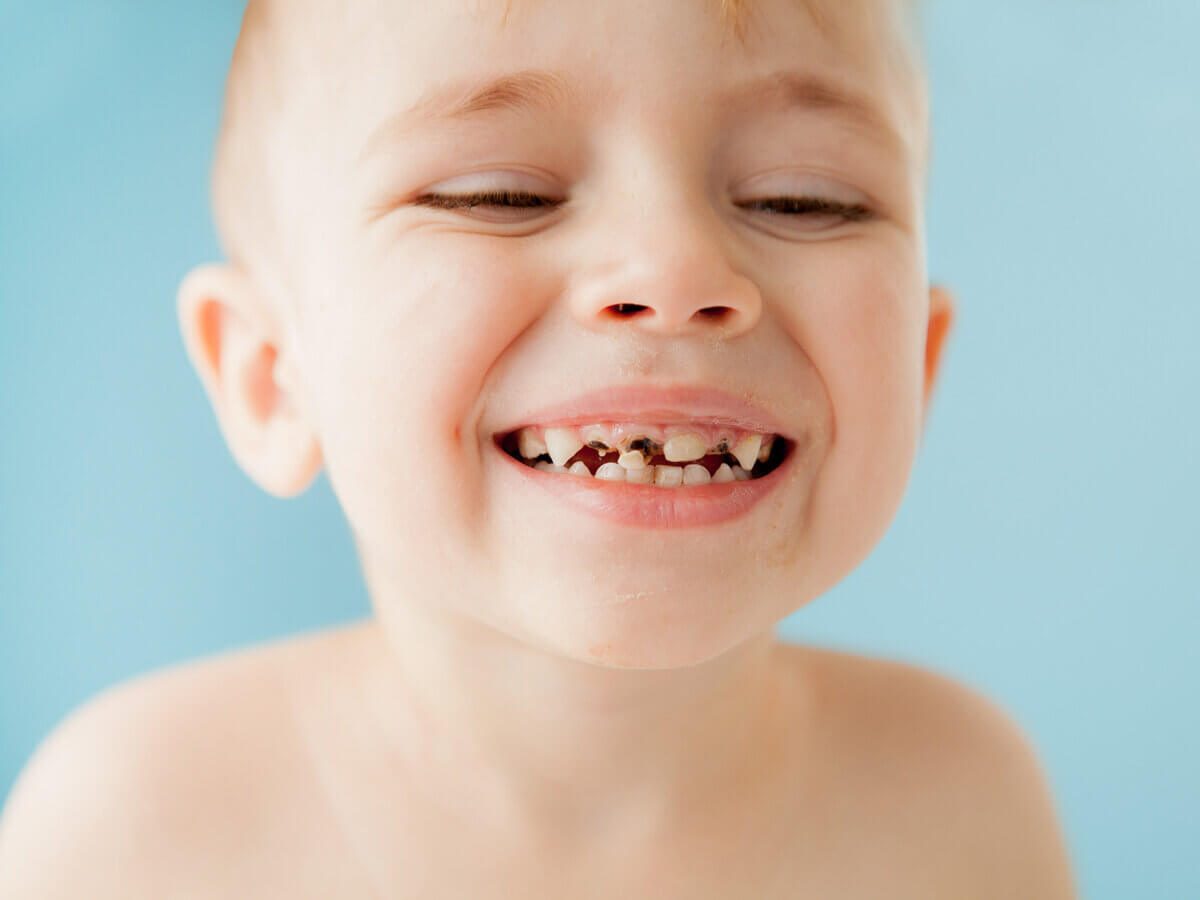Blog
Dental hygiene tips for healthy teeth & gums

What To Do If Your Child Chips, Cracks, Or Knocks Out A Tooth
Due to their active and exploratory nature, children are prone to oral trauma, such as broken or lost teeth. Your child’s dental health may be saved if you respond quickly and successfully. In this post, we’ll go over what to do if your child has a dental accident, giving you more peace of mind while you deal with dental crises.
Follow these instructions if your child suffers from a chipped or cracked tooth:
- As dental injuries can be upsetting for kids, it’s important to reassure and console them as they recover.
- Have your kid gently rinse their mouth with warm water to eliminate any remaining blood or debris. You can use this to gauge how bad the damage is.
- If your child has lost a chunk of a tooth due to a chip, look for the piece and keep it safe. Put some milk or saliva in a clean container.
- A cold compress or ice pack wrapped in a cloth can be applied to the swollen area to control the swelling. You can alternate holding it to your cheek or lips for 10-minute intervals.
- Contact your child’s dentist immediately to set up an appointment for emergency dental care. After examining the damage, the dentist may recommend bonding, dental fillings, and other therapeutic procedures.
Lost Tooth Due to Avulsion:
Here’s what to do right away if your kid loses a tooth:
- In the event of the loss of a permanent tooth, time is of the essence. Find the tooth, and don’t touch the root at any time; instead, manage it by the crown.
- If the tooth is filthy, gently rinse it with milk or saline solution for a few seconds. It’s best not to scrub or apply any chemical, as this could kill the root.
- If the youngster is old enough and cooperative, you can try to put the tooth back into the socket. Put light pressure on it and slide it into position, checking that the correct side is up. Get a clean piece of cloth or gauze and have your youngster bite down on it to keep it in place.
- Put the tooth in a jar of milk, saliva, or a tooth preservation solution if reinsertion is not an option. It should not be kept in water or allowed to dry out.
- Time is of the essence when it comes to reimplantation, so don’t wait to see a dentist. Call your child’s dentist or an emergency dental clinic if your child needs immediate dental care. They will help direct you and set you up with emergency care. Within the first hour after an injury, reimplantation has the best chance of success.
Crack in a Tooth:
Here’s what to do if your kid cracks a tooth:
- Have your youngster gently rinse their mouth with warm water to remove any leftover food or blood. You can then determine the severity of the break and get some relief from the Pain.
- A cold compress or ice pack wrapped in a cloth can be applied to the swollen area to control the swelling. Apply the cold compress for 10 minutes, then remove it for 10 minutes.
- Reducing suffering from Pain can be treated with over-the-counter medications for kids, such as acetaminophen or ibuprofen. Administer the medication following the age and weight of your child.
- Call the dental office: Make sure your kid gets into the dentist ASAP by calling their office. The dentist will examine the break and decide on the best course of treatment, which could involve bonding, a crown, or something else entirely.
Future Dental Injury Prevention:
Even though mishaps are inevitable, you can protect your teeth from future damage by following these measures:
- Ensure your kid wears a custom-fitted mouthguard for any contact sports or activities where they could get a tooth knocked out. Protect your teeth and gums from injury by using a mouthguard.
- Encourage safe play by teaching your child how to avoid accidents that could damage their teeth and discourage them from engaging in risky behaviors. Remind kids to use playground equipment properly and to not chew or bite on anything rough.
- Keep up with your kid’s dental checkups by making them a regular part of your family’s budget. By seeing the dentist often, you can have your oral health monitored, any problems identified early, and preventive actions taken to lessen the likelihood of tooth injury.
Conclusion:
Protect your child’s teeth by learning what to do in a dental emergency, such as a chipped, fractured, or knocked-out tooth. The best potential outcome for your child’s oral injury can be achieved by taking the proper measures, providing comfort and reassurance, and getting dental care as soon as possible. Remember that the best way to avoid a dental emergency is to prevent one from happening first, so promote protective gear, advocate for safe play, and keep up with routine dental checkups.
